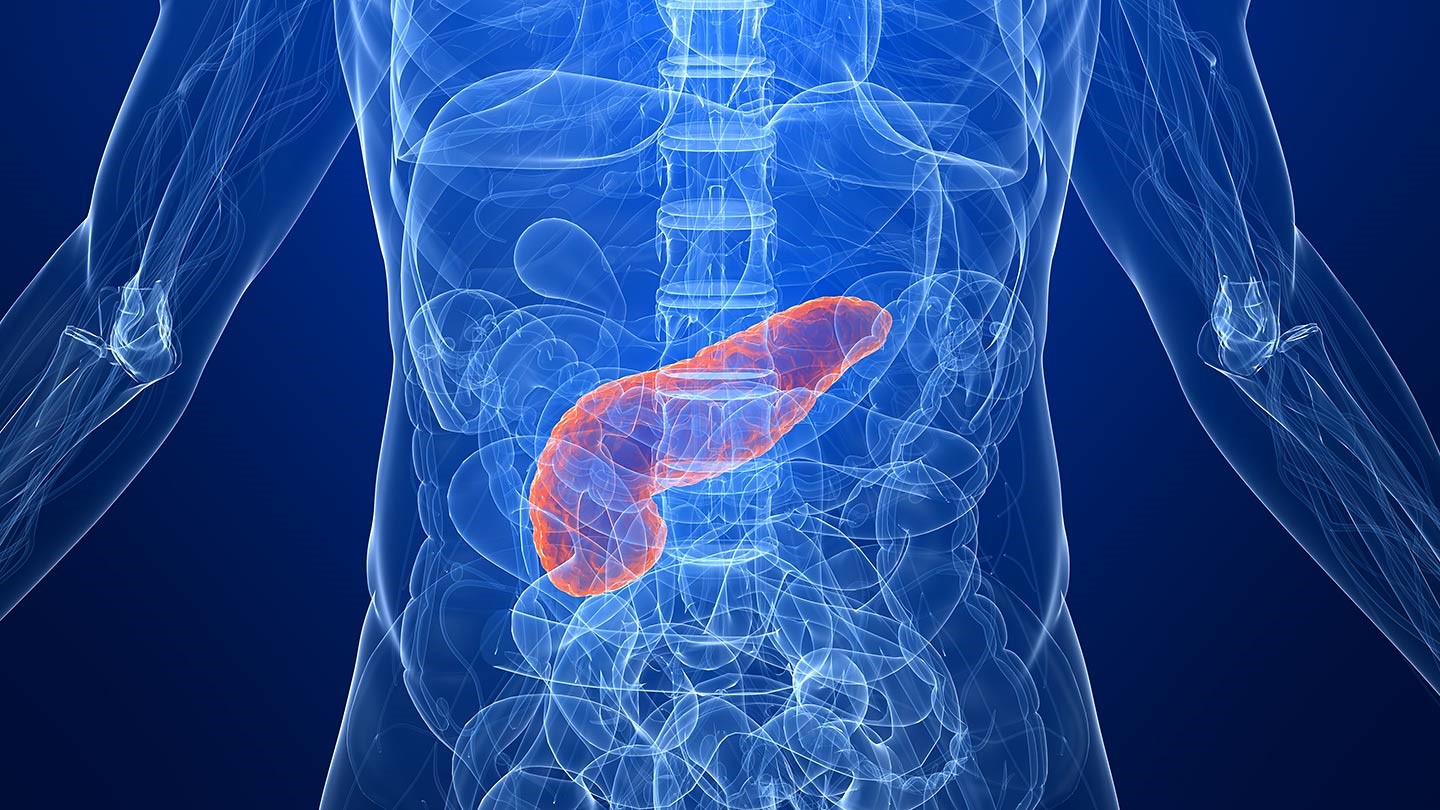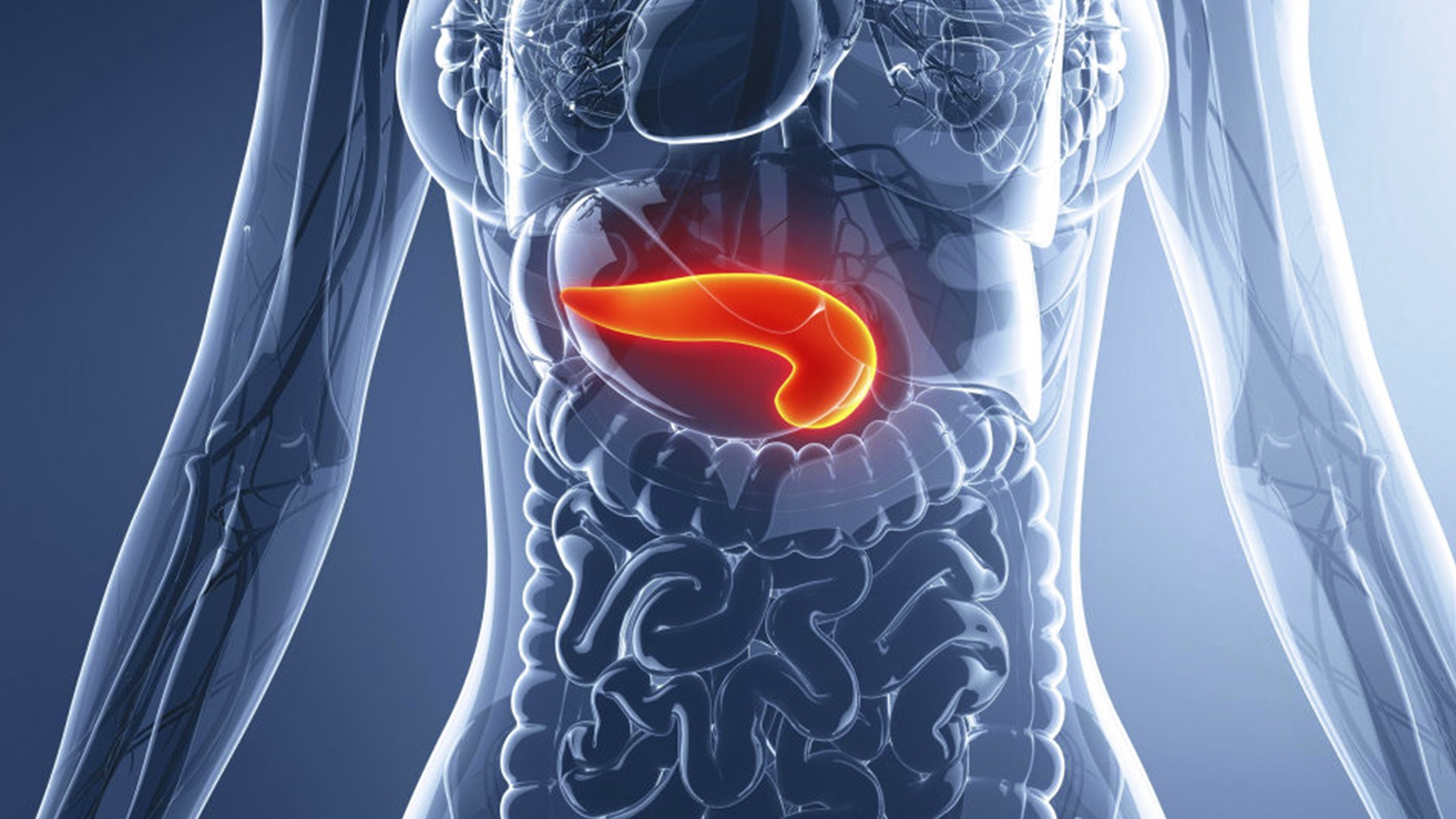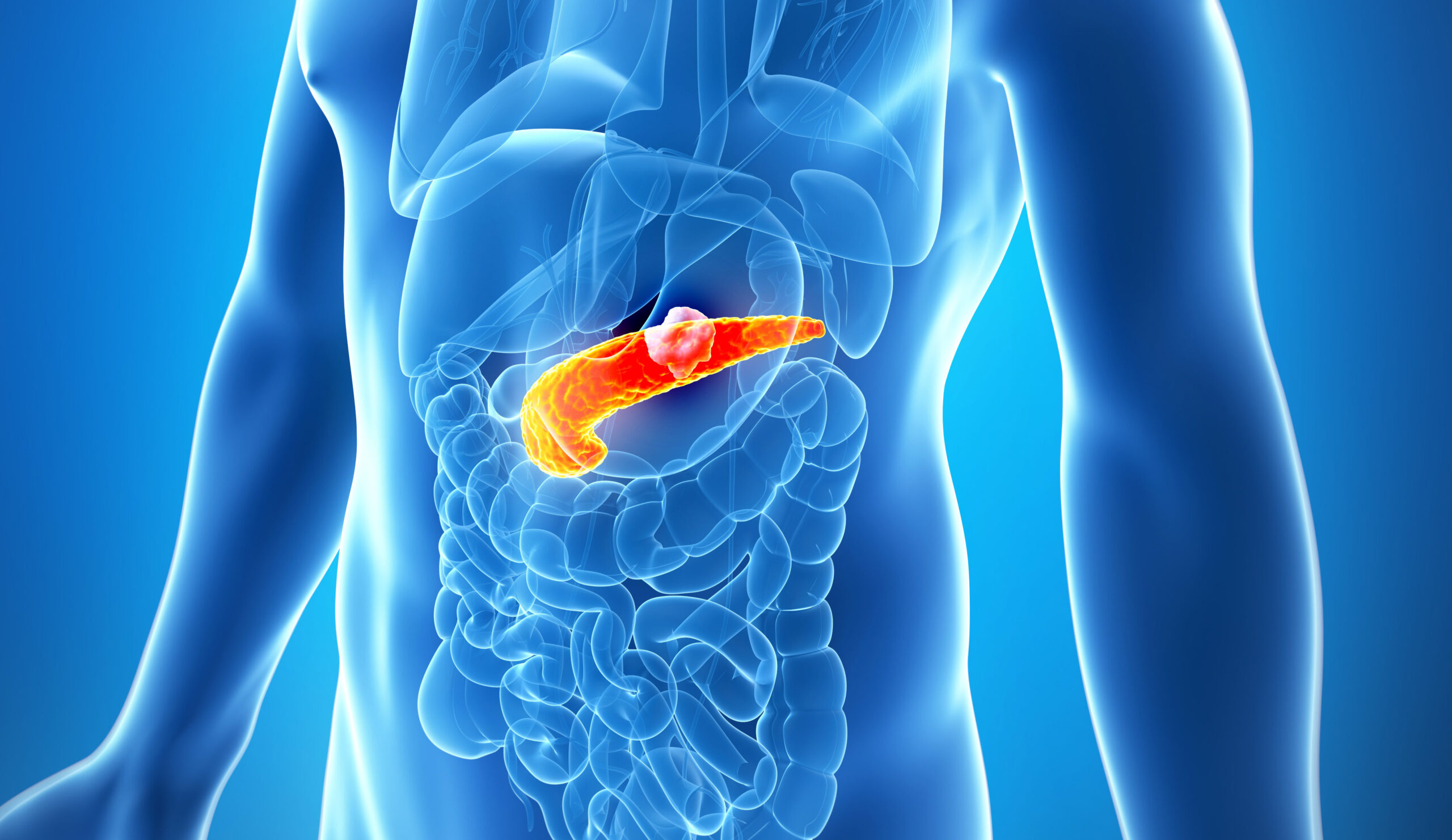Pancreatic Cancer
What Is Pancreatic Cancer ?

Treatment Options For Pancreatic Cancer
Treatment options may include different procedures. The prognosis depends upon:
- The size of the tumor ( whether it can be removed by surgery or not )
- The stage of cancer and to check the extent whether the cancer has spread outside the body or not
- The general health situation of the patient
It implies that pancreatic cancer is a robust and courageous disease that warrants, therefore, being treated with a multidisciplinary approach so that proper control is realized. The stage of pancreatic cancer and the patient’s general health are crucial for the treatment, as well as for some specific characteristics of the tumor.
Surgery is, by and large, a considered intervention for the most appropriate way to long-term control of pancreatic cancer, particularly for the patient whose tumor is localized and operable. Procedures include the Whipple procedure (pancreaticoduodenectomy) if cancer has not spread beyond the pancreas. Only a tiny fraction of the patients, however, are candidates for surgical intervention since cancer is generally diagnosed at a very late stage.
Chemotherapy can quickly kill the cancer cells. It follows a surgery (adjuvant chemotherapy), which was done to remove the remaining cancer cells.
Other options for treatment in this case may include radiation therapy either independently or combined with chemotherapy. Such an approach is instrumental in shrinking tumors to get relief from pain and other symptoms caused by the impingement of organs.
Targeted therapy and immunotherapy are new forms of treatment; they are especially effective when the rest of the treatments have failed to suit the specific case of an individual’s cancer. Targeted therapy focuses on the particular genetic attributes of the cancerous cells and uses the patient’s immune system to kill the cancerous cells.
Palliative care is paramount in each stage of pancreatic cancer. It is aimed at enhancing the patient’s quality of life and controlling symptoms. It may involve pain, nutritional, or psychological assistance so that patients can prepare themselves to deal with the disease.
Diagnosis of Pancreatic Cancer
Pancreatic cancer is generally not easy to detect and diagnose because of the following reasons:
- Most patients do not show visible signs and symptoms in the early phase of pancreatic cancer.
- Signs shown by patients are not specific to the pancreas.
- The pancreas is located behind some organs and does not show symptoms.
Tests that show Pancreatic Cancer:
- Blood Tests
Laboratory tests are one of the most common tests to detect the occurrence of cancer cells. In this test, a blood sample is used to examine the amount of bilirubin. It is an enzyme released in the blood by organs of the body. A greater or lesser amount of this specific enzyme will become the cause of disease.
- Tumor Marker Test
This is a procedure that helps detect pancreatic cancerous cells. In this test, a sample of blood, urine, or any tissue is examined to measure the amount of specific substances 19-9 and CEA. These are the two important substances to be examined. These substances are called tumor markers.
- MRI (Magnetic Resonance Imaging)
Magnetic waves are used to examine the specified area. This process required a computer to get through a detailed picture of the body.
- CT Scan
CT scan is a process that uses a computer and lines it to an X-ray machine to get the desired body image. A dye is injected into the vein, which helps the organs to show more clearly in the picture.


The pancreas performs two functions
- It makes juices in the body that help break down the food into smaller particles to digest.
- It maintains blood sugar levels by releasing hormones such as insulin and glucagon in the body.
Types of Pancreatic Cells:
Following are two types of cells of pancreatic cells.
- Exocrine Cells
Pancreatic cancer can occur in the exocrine cells of the pancreas. The function of exocrine cells is to produce digestive juices. They are also called digestive hormones. Most pancreatic cancer starts in these exocrine cells.
- Endocrine Cells:
Endocrine cells are not as standard as exocrine cells. It is also called neuroendocrine cells. Only 10% of pancreatic cancers are neuroendocrine cancers.
Risk Factors of Pancreatic Cancer
Common risk factors include smoking and getting obese—persons who have a history of high blood sugar and a history of pancreatitis.
People are usually getting exposed to certain chemicals like chemicals and petrochemicals.
Chronic conditions like hereditary pancreatitis or ovarian cancer may also cause pancreatic cancer.
The optimal treatment for pancreatic cancer is an answer that will depend on many questions, including the extent of the disease and the general state of the patient. The patient is to consult a bunch of specialists on cancer to individualize treatment depending on personal circumstances. This holistic strategy will ensure that every patient is handled and receives the most appropriate and effective care possible.

